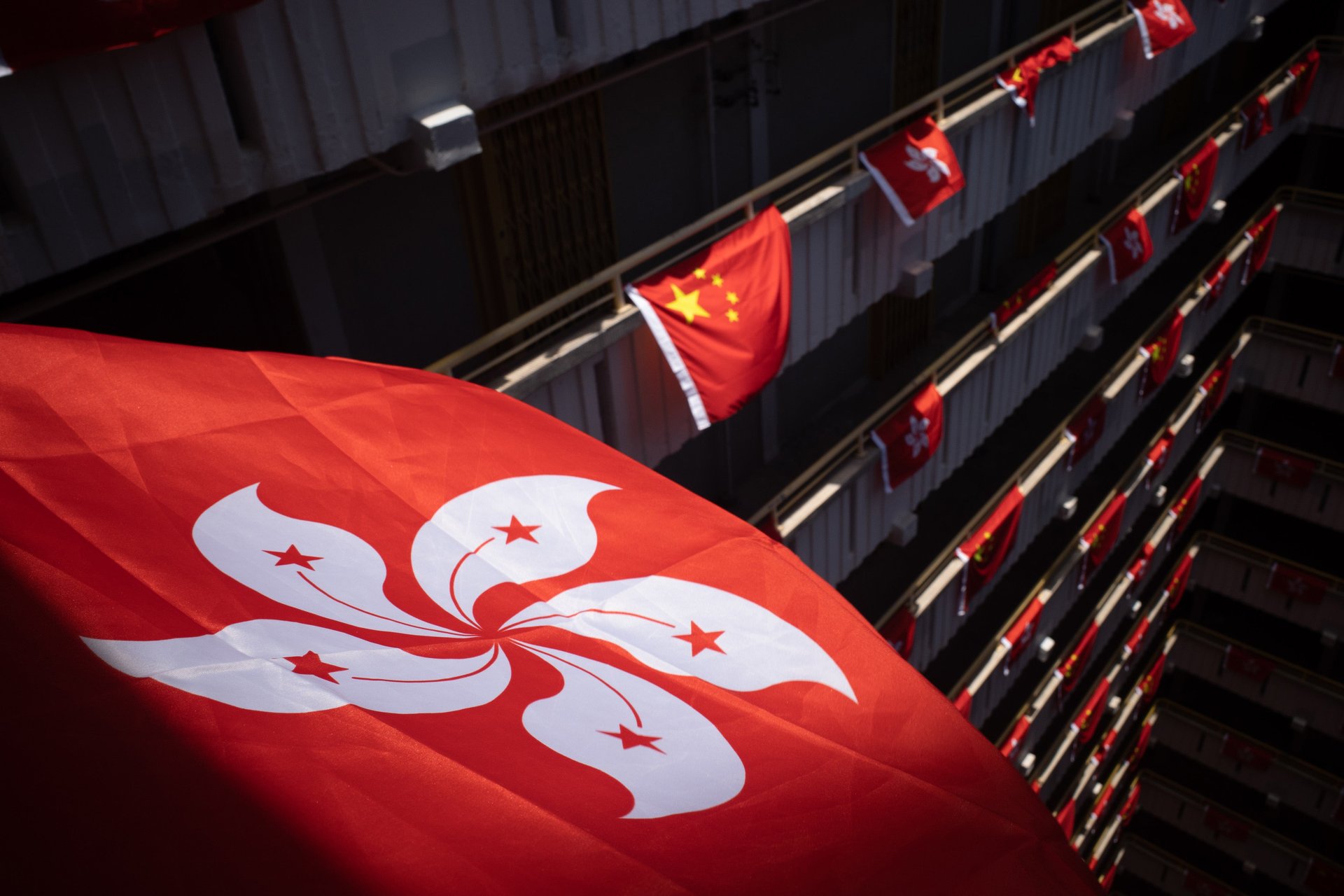Hong Kong is not China, according to the WTO
The trade body ruled against the US order requiring Hong Kong products be labeled "made in China"

The World Trade Organization ruled that the US government’s requirement that Hong Kong-made goods be labeled “Made in China” is unwarranted and violates international regulations.
Hong Kong is a special autonomous region belonging to China, and for three decades had been considered by the US to be a separate trading entity from the mainland, a status that often carried lower tariffs.
But in July 2020, amidst harsh police crackdowns against pro-democracy protests in Hong Kong, former US President Donald Trump issued an executive order declaring that Hong Kong was “no longer sufficiently autonomous to justify differential treatment in relation to the People’s Republic of China.” Hong Kong exporters quickly shifted to comply with the US requirement to relabel their goods as “Made in China.”
Despite this new judgment by the WTO, the US Trade Representative’s Office says it plans to ignore the ruling.
“The United States does not intend to remove the marking requirement as a result of this report, and we will not cede our judgment or decision-making over essential security matters to the WTO,” office spokesperson Adam Hodge said in a statement.
Hong Kong’s struggle under Beijing’s rule
Hong Kong was handed back to China by the British in 1997 following a century of colonial rule. Under the agreement struck by the UK and China, Hong Kong was promised political autonomy for 50 years under a framework known as “one country, two systems.” The city has its own dialect, currency, and courts, and differs culturally in many ways from mainland China.
But an erosion of those promised civil liberties sparked Occupy protests in 2014, a movement that campaigned for universal suffrage. Larger and more violent demonstrations began in 2019. Public protests were only quelled after passage of the National Security Law in 2020, a piece of legislation that muzzles dissent.
Since then, every prominent pro-democracy figure has been put in jail or exiled, including Jimmy Lai, founder of the shuttered left-leaning Apple Daily newspaper, who was last week sentenced to five years in prison for charges of fraud over an office lease. It’s widely believed that the charges are retaliation for his long-standing critical views of the Communist Party.
The stripping of political freedoms, as well as strict covid-19 rules the past two-plus years, have prompted a mass exodus of both international and local talent from Hong Kong—leaving the city a shadow of its former thriving self. Hong Kong has begun offering cash and free flights to foreigners in an effort to revive its economy and reputation.